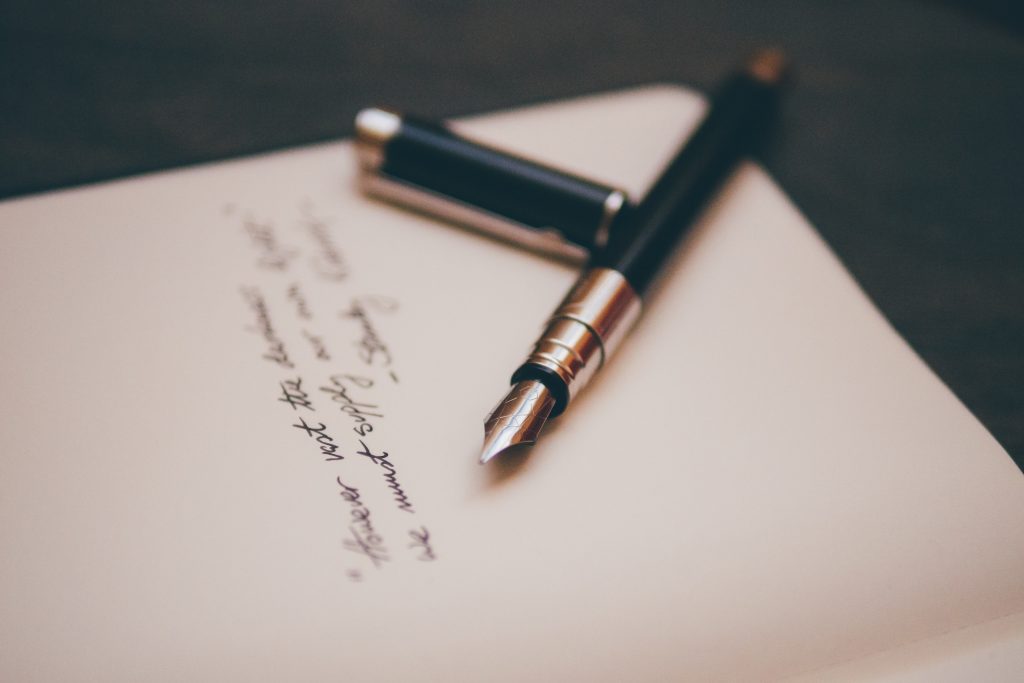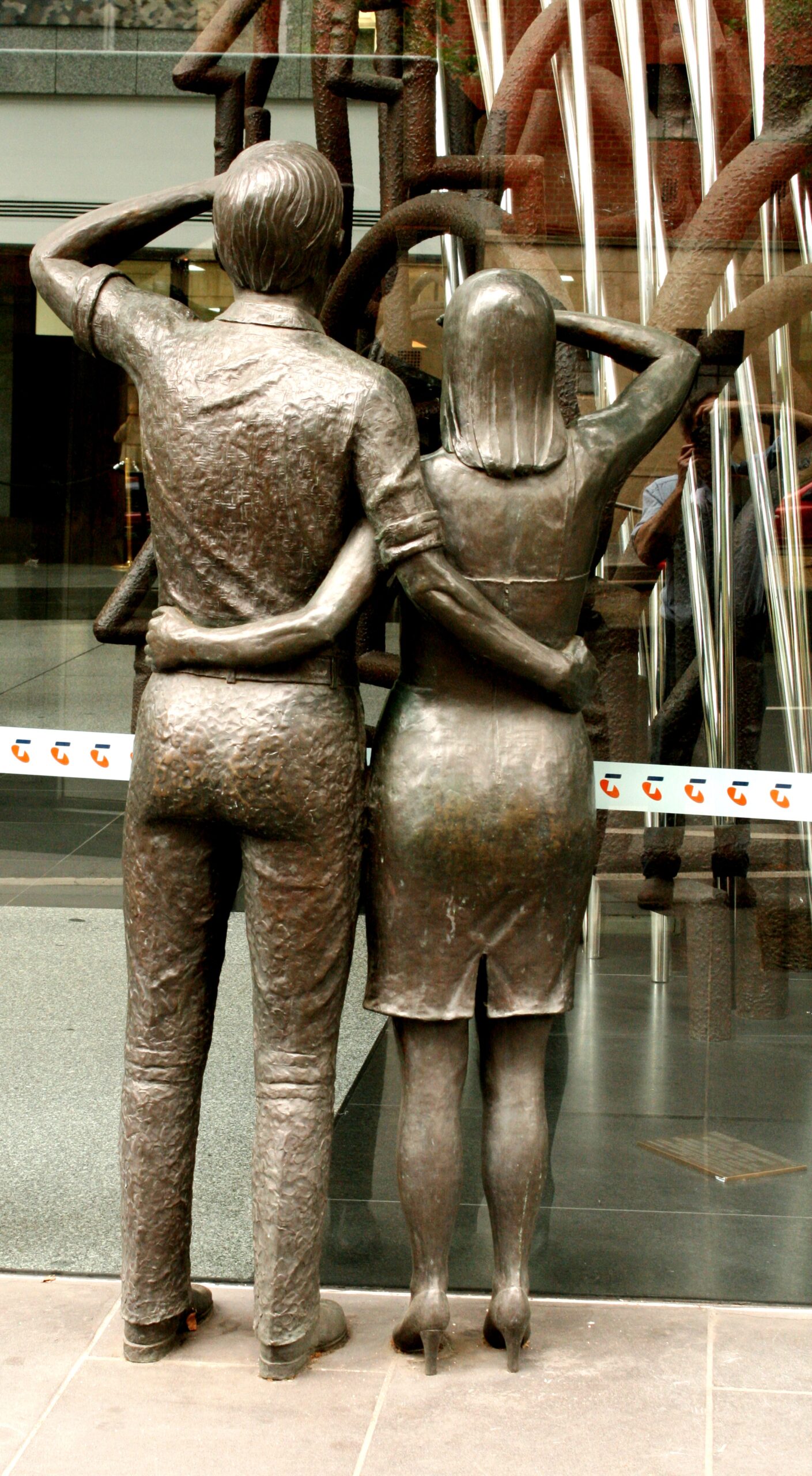The Tom Collins Poetry Prize 2020

About
Arts Law regularly reviews the terms and conditions of competitions and rates them out of five stars. Our review looks broadly at the terms and conditions of a competition. In particular, we look closely at how a competition deals with an entrant’s copyright and moral rights, and consider this in light of the prize. Entrants should always take into account the possible profile-raising which may result from being a finalist or winner.
By accepting the terms and conditions of a competition, entrants should be aware that they may be entering a legally binding contract.
For more information, see our free information sheet on competition conditions. Artists are welcome to contact Arts Law for legal advice on the terms of a competition. We also invite competition organisers to contact Arts Law for best practice assistance to make their terms and conditions fairer for artists.
Please note: Prior to February 2018, Arts Law’s rated out of five stars only the terms of a competition which dealt with copyright and moral rights. Arts Law’s competition reviews are now more holistic, such that our rating out of five stars now reflects a broad review of all the terms and conditions of the competition. For more information see our website.
Review
This month, Arts Law has reviewed the terms and conditions of the Tom Collins Poetry Prize 2020.
Read the terms and conditions of this competition here.
The deadline for this competition is 15 December 2020.
Arts Law has rated this competition 5 out of 5 stars. Reviewed by Roxanne Lorenz, Solicitor at Arts Law.

Well done to Fellowship of Australian Writers Western Australia (FAWWA) for achieving a perfect 5 out of 5 star rating from Arts Law after working with us to improve the terms and conditions of it’s Tom Collins Poetry Prize (Prize). We are delighted that FAWWA was very open to engaging with us to take on board our suggestions on how to tweak the terms and conditions of the Prize to make them more artist friendly, and as a result, they are now very clear and fair for the entrants.
Tom Collins (not to be confused in this instance with the famous cocktail!) is the pen name of Joseph Furphy (1843 – 1912) an Australian writer after whom FAWWA named it’s annual poetry prize.
While FAWWA is based in Western Australia, this Prize is open to all poets, as there are no stipulations around the age, ability or geographical location of entrants.
The terms and conditions around entry requirements state that any entries submitted to the Prize must be unpublished and have a maximum 60 lines per poem. Each entrant can submit a maximum of five poems. The theme of the poem is ‘open’ so writers can explore any subject matter that they wish.
There are three prizes on offer, with the winner receiving $1000, second prize winner receiving $300 and the third receiving $100.
FAWWA does not stipulate who is the judge of the Prize or whether it is a panel of judges, however it does stipulate that the competition is judged ‘blind’ and the judge/s won’t know the identity of the entrants. This is a great assurance for emerging poets who may be competing against other entrants who are more well known in the literary world.
Copyright
Firstly, on Arts Law’s suggestion, FAWWA make it very clear in their terms and conditions that the author will retain copyright in their work. It is always fantastic to see the terms of a prize making a positive statement around the copyright ownership belonging to the entrant.
FAWWA is given a copyright licence to reproduce poems, but only for the winning, second and third place poems (rather than the poems of all entrants ). This is best practice.
Further, it is great that this copyright licence is appropriately limited. Firstly, it is ‘non-exclusive’ meaning these prize winners are free to license their poems elsewhere. Secondly, the poems can only be published on FAWWA’s website. Furthermore, these winning poems will only be published for ‘non-commercial’ purposes and only for the purpose of promoting the Prize. This gives entrants the piece of mind that FAWWA won’t reproduce the poems in books or merchandise for sale.
It is also wonderful to see that FAWWA also took on Arts Law’s suggestion to put a limit on the term that it can reproduce these poems on it’s website and have stipulated it is for a period of 1 year from the date the winners are announced.
Moral rights
Under the Copyright Act, authors automatically have moral rights and there is an obligation for an author to be attributed and to have their work treated with integrity.
In terms of respecting these moral rights and ensuring the Prize presents a profile raising opportunity for the winners, it is great to see FAWWA has made it clear that it will always credit the authors when they reproduce their poems on it’s website. Further, it is great to see that FAWWA stipulates it will not make any changes to the work without the consent of the author.
In conclusion, the terms and conditions of this Prize are very fair and present a great opportunity for poets to enter the Prize while retaining their copyright and keeping their options open for the future publication of their work. We congratulate FAWWA on its positive response to working with Arts Law to ensure its terms and conditions are best practice and achieving a perfect rating.
You can lodge a query with us here if you would like to obtain advice from Arts Law about this competition.
Further Information
Please email us at [email protected] to tell us about any competitions or prizes you think we should check.
See more about Arts Law’s campaign to improve competition terms and conditions in the Prizes and Competitions section.




